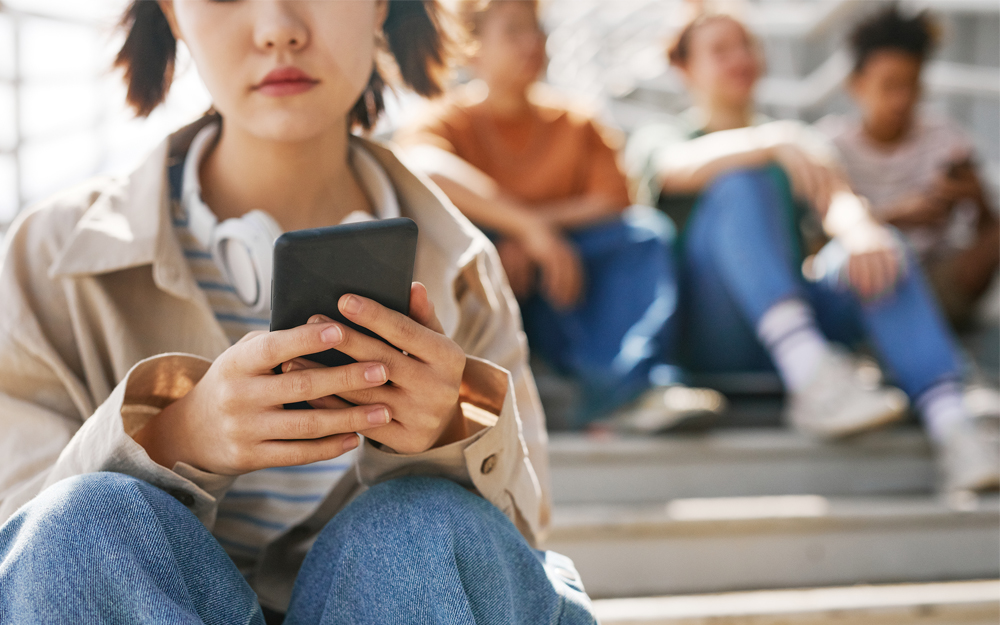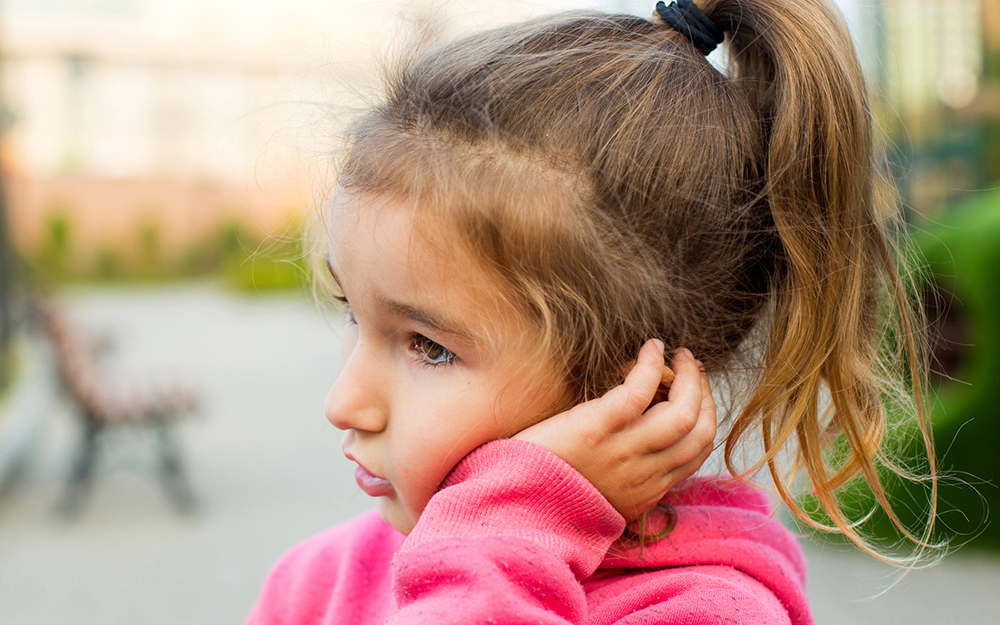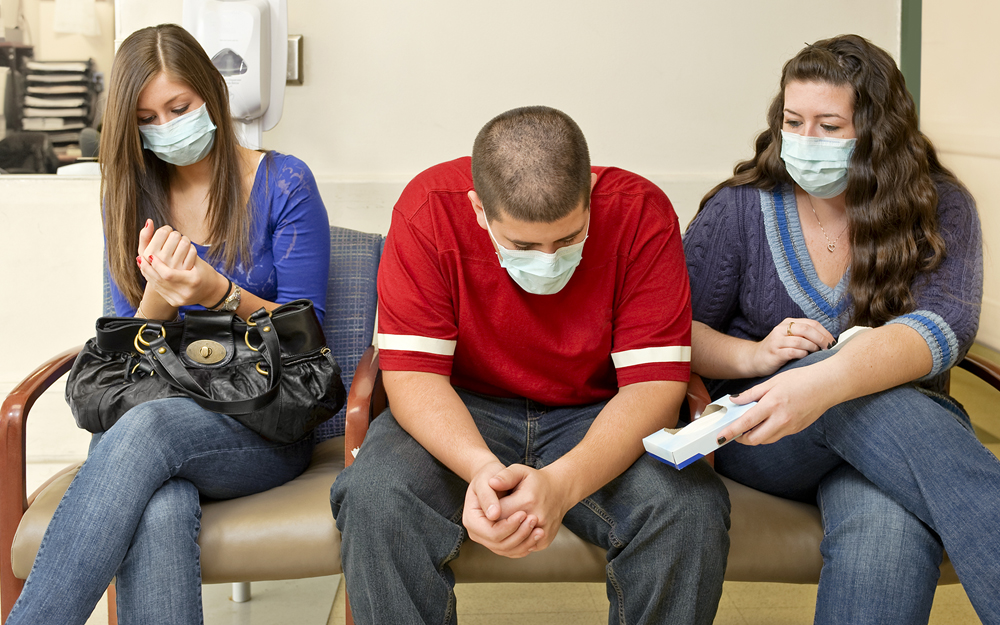Why Loneliness Affects Young People More Often Than Older Adults
Date
May 5, 2023
Credits

Date
May 5, 2023
Credits
Medical providers featured in this article
In Brief
{{cta-block}}
A 25-year-old who laughs with colleagues, meets friends for drinks and sees family for dinner every Sunday may seem to have a rich network of interpersonal connections. In reality, they may feel lonelier than their widowed grandmother who only sees people when relatives visit on Sundays.
A growing body of research shows that young people are more likely to feel lonely than older adults. A number of factors may be at play.
“You don’t have to be alone to be lonely,” says primary care physician Dr. Michelle Blain. “It can happen if you can’t foster a sense of engagement and belonging or don’t feel accepted and respected by people you engage with.”
"You won’t believe how much better you’ll feel by doing basic things like eating three meals a day or taking a walk”
A 2020 report that examined loneliness in the workplace found that 79% of Gen Zers and 71% of Millennials considered themselves lonely, compared to 50% of Baby Boomers. And research published in 2021 in the Journal of Adolescence found that loneliness among teenagers rose between 2012 and 2018.
“Humans are very social, and adolescents in particular,” says pediatrician and adolescent medicine specialist Dr. Michelle Escovedo. “Having peer relationships is innately a very important part of their development.”
People who are Latino or Black are more likely to feel lonely, according to research. So are people with low incomes and mothers with young children.
“Anyone who is marginalized or has suffered trauma or had adverse childhood experiences may feel lonely,” Dr. Escovedo says. “This includes someone with a disability, someone who is LGBTQ+, someone who is Black or Latino, and someone who has more stress.”
{{providers}}
Modern contributors to loneliness
The lockdown portion of the pandemic gave nearly everyone a taste of loneliness. Young people lost months of normal social interactions, and some are still feeling the effects.
Harvard researchers found that during the pandemic, 61% of Americans ages 18 through 25 self-reported being lonely frequently, almost all of the time, or all of the time, compared to 24% of Americans ages 55 through 65.
“The younger population really was affected,” Dr. Blain says. “If you were in college, that’s when you’re meant to explore intellectually and figure out what you want to do. Having that stripped away might have changed your mindset or your overall sense of purpose.”
Dependence on technology may also contribute to loneliness among teens and young adults. People who grew up swiping screens may interact with devices more often than they do with people.
“My younger patients are comfortable not having physical interactions and instead expressing things through a screen,” Dr. Blain says. “That could contribute to amplified loneliness. With face-to-face interactions, you get a better sense of who people are through their movements and their tone of voice—which are part of normal human interaction and connection.”
Lonely people may seek engagement on social media, but that may backfire.
“Social media is trying to satisfy a craving to feel connected,” Dr. Blain says, “but seeing people having fun without you may escalate feelings of loneliness that are already present.”
Loneliness has been linked to depression, anxiety, substance abuse, heart disease and a shortened lifespan. Finding ways to feel more connected may not just help you feel less alone, it may benefit your wellbeing.
Strategies for Managing Loneliness
If you’re hoping to feel less lonely and more connected to others, try these ideas:
Be kind to yourself
When you’re lonely, you may have a poor opinion of yourself. Instead of putting yourself down, practice self-compassion.
“Think, ‘What is causing this sense of loneliness, anxiety or depression?’” Dr. Blain says. “Realize that they’re thoughts, not facts. Just because you’re feeling isolated now doesn’t mean that you’ll be in that place forever.”
Loosen your hold on technology
When you have the chance to connect with someone in person, put your phone away and focus on them.
“Often, our phones are an extension of our hand,” Dr. Blain says. “Put it away so you’re not tempted. Be present in the moment with the people you’re around.”
Practice self-care
You may be better positioned to address loneliness if you’re at your best. Get enough sleep, eat nutritious foods and exercise regularly.
“You won’t believe how much better you’ll feel by doing basic things like eating three meals a day or taking a walk,” Dr. Escovedo says.
Find your community
If your interests are very different from everyone else’s, you may not converse easily with family and friends. Make meaningful connections by seeking people who are passionate about the things you enjoy.
“Find groups of people with whom you can build a sense of community,” Dr. Blain says. “You’ll be able to have conversations that break the ice.”
Boost existing relationships
If you’d like to feel closer to friends and family, socialize with them in settings that allow for conversation. Then ask about one of their favorite subjects: themselves.
“Show an interest in other people, and have a genuine curiosity and inquisitiveness,” Dr. Blain says. “Ask about their history, their youth, what led them to their current place in life, and the roadblocks or successes they experienced along the way.”
If you have a teenager, making time to listen may help them feel less lonely.
“Often, teens don’t necessarily need solutions; they just need to be heard,” Dr. Escovedo says. “They want to know that you’re taking them seriously and that you’re in their corner when they need help.”
Seek help
Loneliness may cause anxiety or depression, which may intensify feelings of isolation. Seeing a doctor or therapist may improve your situation.
“A provider can help manage your anxiety so that you can make connections to overcome loneliness,” Dr. Escovedo says. “It’s not as easy as, ‘Just pull yourself out of it and go join a club.’ That can be really hard for somebody to do.”






